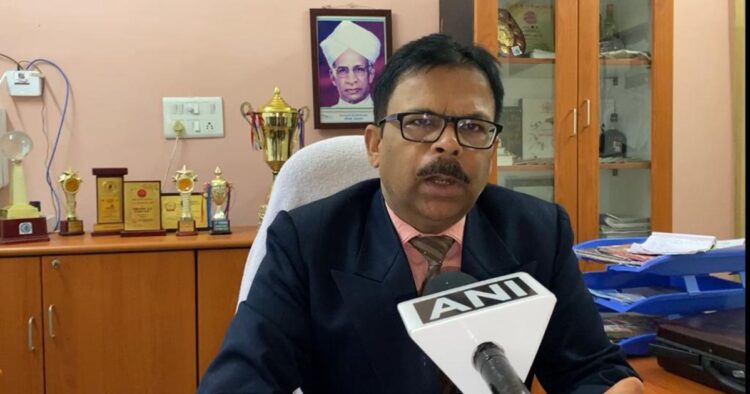In a groundbreaking move to combat plastic pollution, the State Institute of Hotel Management (SIHM) in Indore has developed edible crockery made from millets. This innovative approach aims to replace the use of plastic and thermocol crockery commonly used in food serving and packaging during parties and events.
Dr. Vijay Kumar Singh, the principal of SIHM, highlighted the motivation behind the initiative, citing the growing awareness of health issues associated with plastic use. He emphasized the need to move towards organic alternatives, prompting the institute to explore the possibility of creating edible crockery using millets.
Drawing inspiration from Prime Minister Narendra Modi’s focus on promoting millet grains, the institute initiated research on developing edible crockery. Assignments were given to students under faculty members Vivek and Basant, leading to the successful creation of a complete set of edible crockery made from millets.
The edible crockery, primarily composed of ragi flour and sugar, was subjected to lab testing to ensure its safety. The results indicated no impact of fungal or bacterial growth, establishing the viability of this eco-friendly alternative. Moreover, the shelf life of the millet crockery was found to be 30 days, making it suitable for serving various types of food, including warm, cold, liquid, semi-liquid, and solid.
Dr. Singh expressed the institute’s commitment to promoting the idea in the market rather than pursuing commercial gains. The focus is on encouraging the adoption of this eco-friendly solution to alleviate pollution concerns. The principal emphasized that the crockery can be consumed without any harm, contributing to increased millet intake in the body. For those unwilling to eat the crockery, it easily decomposes, enhancing soil fertility and serving as a natural fertilizer.
This initiative by SIHM in Indore stands as a testament to the potential of sustainable alternatives in addressing environmental challenges, urging a shift towards responsible choices in daily practices.

















Comments